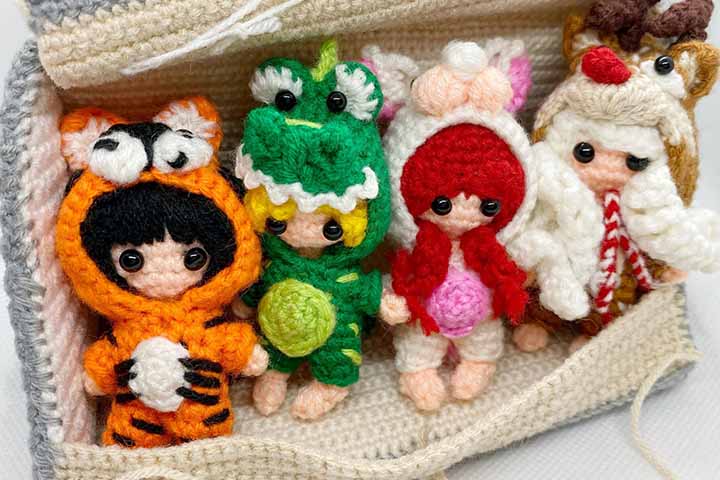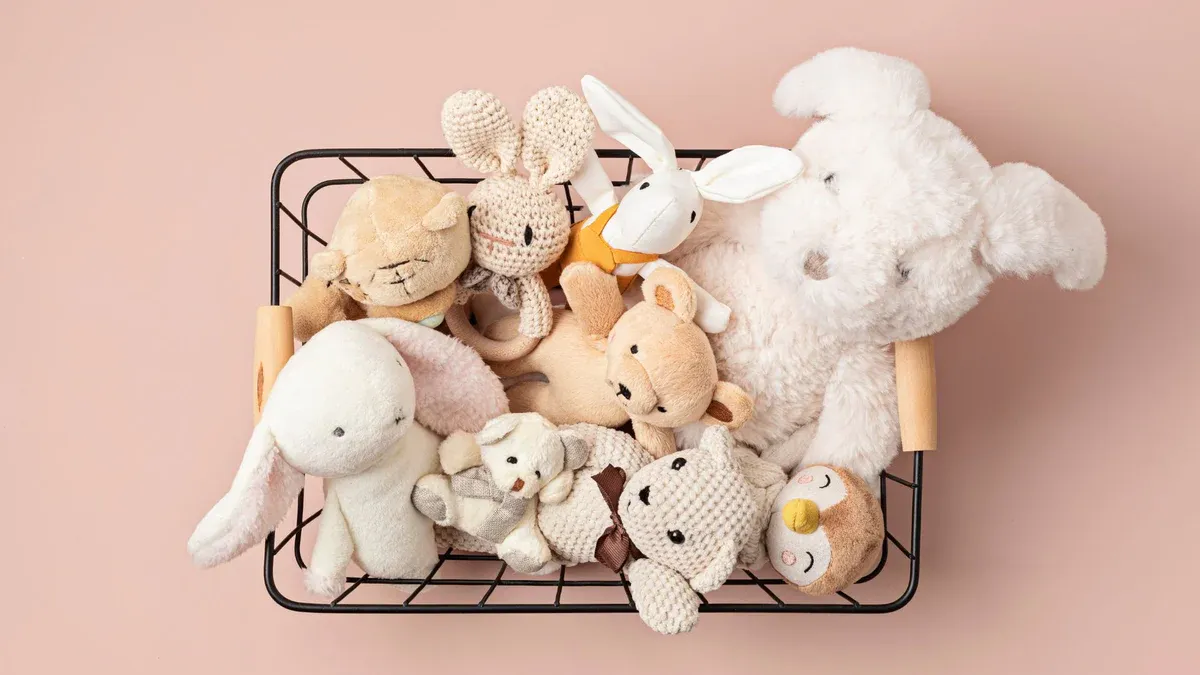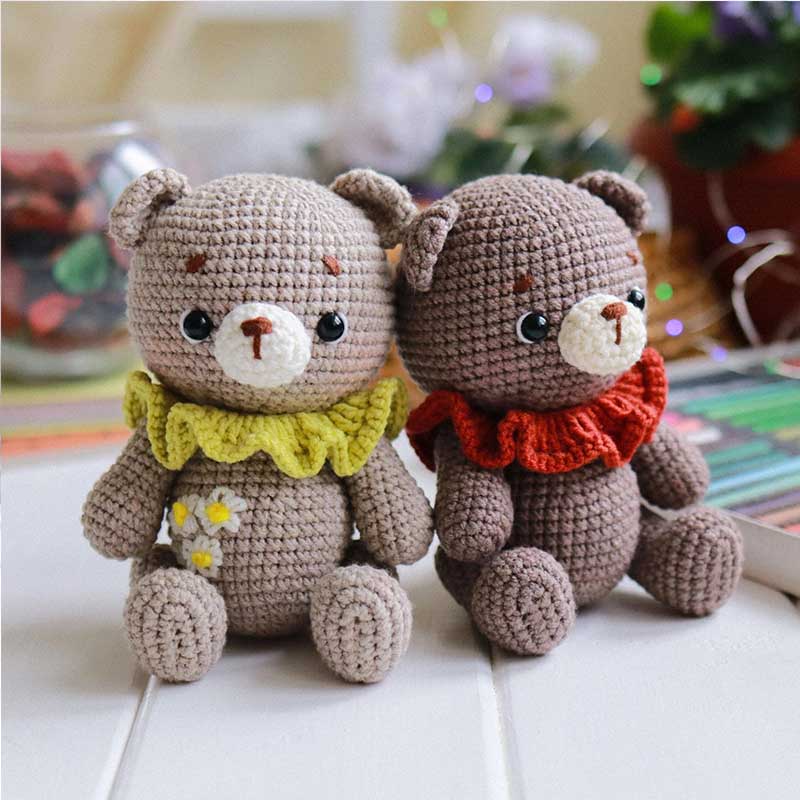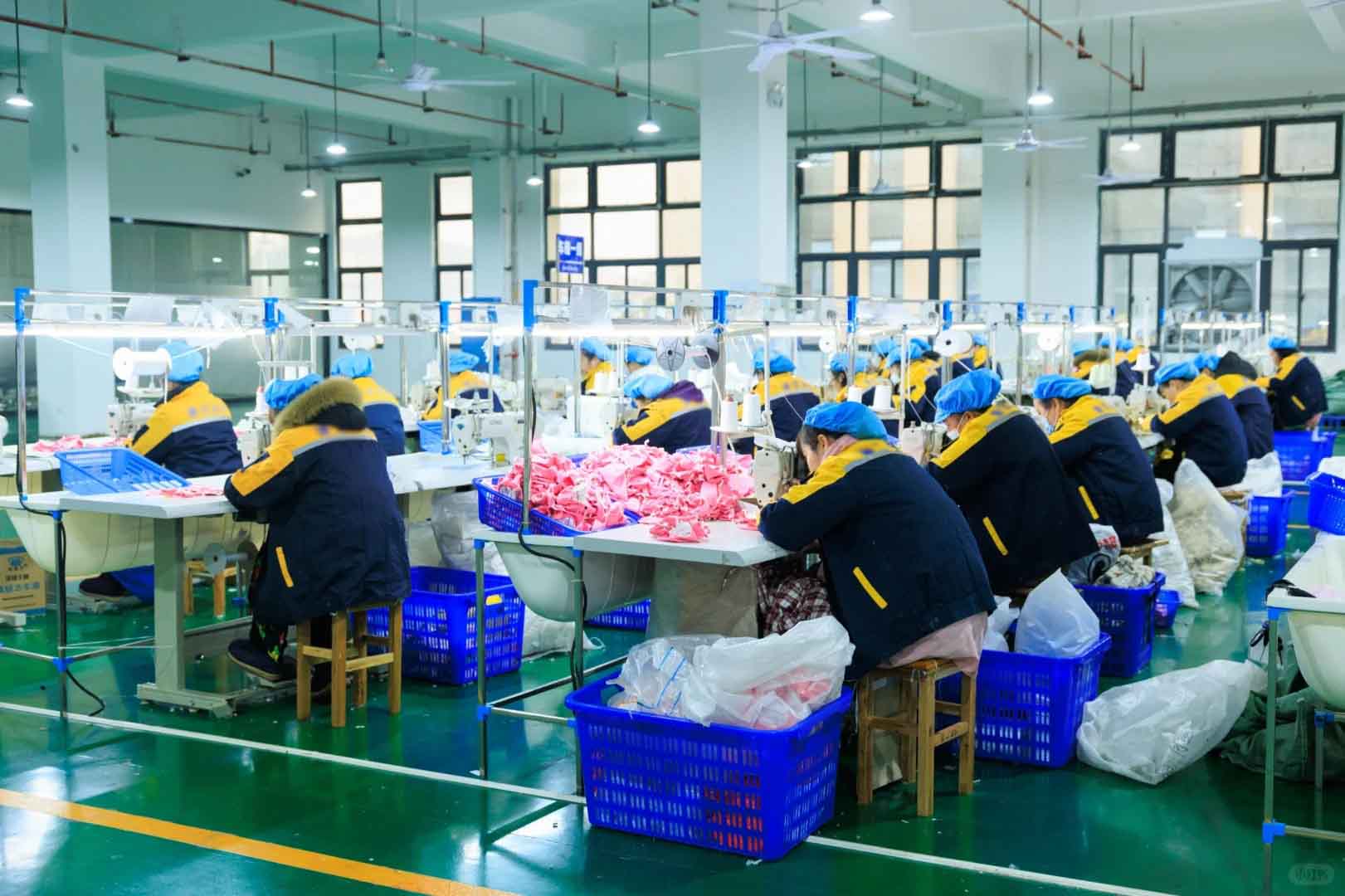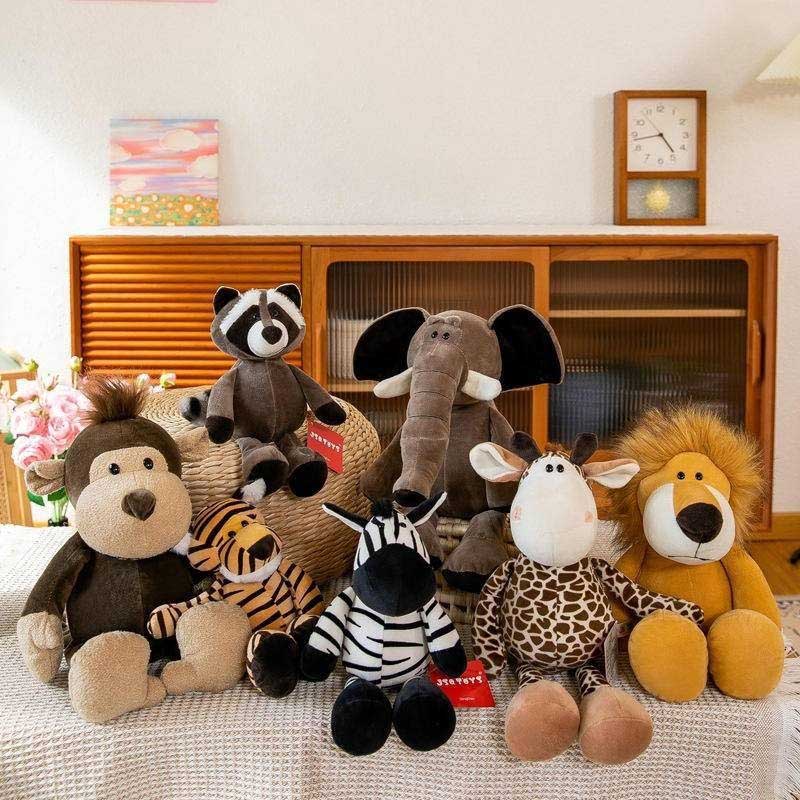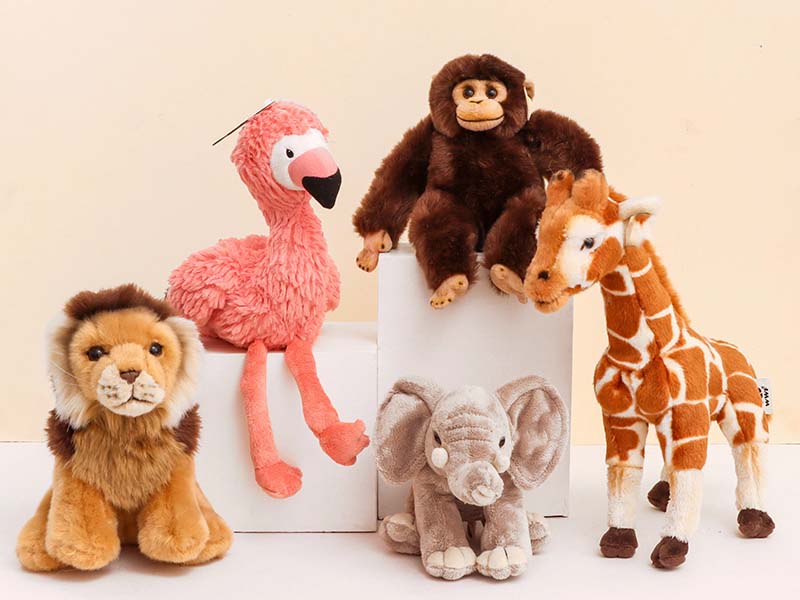Professional plush toy manufacturing goes far beyond sewing fabric and stuffing material. For brand owners, retailers, and promotional companies, a reliable partner ensures that every toy is safe, durable, and aligned with the market needs. Choosing the right maker impacts your product quality, delivery timeline, and long-term brand reputation.
A custom plush toy maker is defined by expertise, compliance, and flexibility. From design to delivery, you can expect a clear process, strong engineering support, and global safety certifications. Reliable factories offer OEM & ODM services, develop prototypes quickly, and adapt production for both small and large orders without compromising quality.
Finding such a partner is not always simple. The toy industry is highly competitive, and buyers often face challenges such as inconsistent quality, high shipping costs, or delays. This guide helps you understand what qualities define a professional plush toy maker, what services to expect, and how to evaluate them step by step.
1. What Qualities Define a Professional Custom Plush Toy Maker?

A professional maker is not just a sewing workshop. It is a factory equipped with advanced production lines, skilled engineers, and strong quality systems. Buyers can expect more than basic manufacturing—they gain access to fabric libraries, safety-tested fillings, embroidery capabilities, and packaging customization.
The most important qualities of a custom plush toy maker include strong design support, proven safety certifications (CE, ASTM), reliable delivery timelines, and flexibility for different markets. These qualities allow buyers to reduce sourcing risks, maintain brand reputation, and launch products faster.
Professional makers often serve international clients across USA, Europe, and Asia, which requires deep knowledge of global compliance. For example, a toy intended for the European Union must pass EN71 testing, while the US market requires ASTM F963. Factories that already handle these standards help clients avoid costly mistakes.
| Key Quality | Why It Matters for Buyers | Example Benefit |
| Design Support | Transforms sketches into real prototypes | Faster sampling & market testing |
| Safety Certifications | Ensures compliance with CE/ASTM standards | Access to EU and US markets |
| Production Flexibility | Adjusts to small and large order volumes | Reduced inventory pressure |
| On-time Delivery | Reliable lead times for seasonal launches | Better sales planning and promotions |
| Material Expertise | Offers safe, soft, eco-friendly fabrics | Stronger product appeal and safety trust |
In short, the right maker acts as a partner, not just a supplier. When you source from such a factory, you can focus on branding and sales while production runs smoothly.
2. How Do OEM & ODM Services Support Custom Plush Toy Development?

When choosing a factory, you should check whether they provide OEM and ODM services. These services determine how much creative and technical support you receive.
OEM (Original Equipment Manufacturing) allows buyers to submit their designs, while the factory manages production with strict quality standards. ODM (Original Design Manufacturing) provides buyers with ready-to-develop design options, which can be customized with logos, fabrics, or packaging. Both models help brands reduce development costs and time-to-market.
For example, an e-commerce brand may already have digital sketches of a character and need OEM production for consistency. Meanwhile, a promotional company may not have a design team and will rely on ODM services to create plush gifts quickly.
| Service Type | What Buyers Provide | What Factory Provides | Benefit to Buyers |
| OEM | Sketches, prototypes, IP | Manufacturing, compliance, QC | Control over unique brand identity |
| ODM | General idea or theme | Ready designs, fabrics, customization | Saves design costs, faster product launch |
By working with a factory offering both services, buyers have more flexibility. They can choose OEM for their signature collections and ODM for fast seasonal projects. This balance reduces risk and expands product variety without stretching resources.
3. What Design-to-Production Process Do Custom Plush Toy Makers Follow?

Understanding the process helps buyers evaluate if a maker is reliable and transparent. A professional plush toy maker follows clear stages, from idea to bulk production.
The process usually includes concept submission, prototype development, material confirmation, safety testing, bulk manufacturing, and final inspection. Each step is standardized to reduce errors and meet delivery deadlines.
Factories like Kinwin provide detailed timelines—for example, 7–10 days for sample development, 30–45 days for bulk production, depending on complexity. Buyers benefit from visibility, as they can track progress at each stage.
| Process Stage | Typical Timeline | Buyer’s Role | Factory’s Role |
| Concept Submission | Day 1 | Provide sketch, idea, or sample | Evaluate feasibility and suggest options |
| Prototype Development | 7–10 days | Approve sample or request changes | Make sample and revisions |
| Material Confirmation | 3–5 days | Approve fabric, stuffing, packaging | Provide swatches and safety reports |
| Bulk Production | 30–45 days | Monitor and confirm PI | Manage scheduling and quality control |
| Quality Inspection | Before shipping | Approve inspection results | Conduct final QC and testing |
This structured process ensures that your products are delivered on time and meet safety expectations, reducing sourcing risks.
4. How to Evaluate a Maker’s Capabilities in Materials, Safety, and Compliance?

Material selection and compliance are key to product success. Softness, durability, and eco-friendliness all depend on what the factory offers.
A reliable maker provides a wide range of fabrics (velboa, faux fur, RPET, organic cotton), multiple stuffing options, and can prove compliance with CE and ASTM certifications. Buyers should always request test reports before confirming large orders.
For example, RPET fabric made from recycled plastic bottles is increasingly popular among eco-conscious markets. Buyers who want to enter Europe or the US need to make sure their toys meet EN71 and ASTM F963 safety standards, including small parts and chemical safety tests.
| Evaluation Factor | What Buyers Should Check | Example Assurance |
| Fabrics & Stuffing | Range of safe, certified materials | RPET, organic cotton, hypoallergenic fill |
| Compliance Reports | Valid EN71, ASTM test reports | Third-party lab certifications |
| Durability | Stitching strength and washability | 10,000-cycle seam test results |
| Eco Options | Availability of recycled fabrics | RPET, OEKO-TEX certified materials |
By checking these factors early, buyers avoid future compliance issues and protect their brand reputation.
5. Which Pricing Models and MOQs Are Common Among Custom Plush Toy Makers?

Cost structure matters for long-term sourcing. Buyers often need clarity on how factories calculate pricing and minimum order quantities (MOQs).
Most plush toy makers set MOQs between 500–1,000 pieces, depending on size and complexity. Pricing is influenced by materials, embroidery details, packaging, and safety testing. Transparent makers provide itemized quotes so buyers understand where costs come from.
For example, a simple plush keychain may start at 500 pcs MOQ, while a large interactive plush with sound chips may require 1,000 pcs or more. Understanding this helps buyers plan budgets and negotiate effectively.
| Factor | Impact on Pricing | Example Case |
| MOQ | Higher MOQs lower unit cost | 1,000 pcs teddy bear = lower price/pc |
| Fabric & Filling | Premium eco fabrics increase cost | Organic cotton plush costs 15% higher |
| Complex Features | Embroidery, sound, LED add costs | Talking plush adds $0.50–$1.00 per unit |
| Packaging | Custom boxes/bags increase cost | Gift box adds $0.30 per unit |
Transparent discussions on MOQs and pricing prevent misunderstandings and allow smooth project planning.
6. How Do Leading Makers Integrate Innovation, Sustainability, and Branding Support?

The best factories go beyond production—they help clients build long-term brand value.
Innovation may include interactive plush toys with sound chips, LED features, or smart fabrics. Sustainability is addressed by offering recycled or organic fabrics, while branding support includes custom embroidery, woven labels, and packaging.
For example, theme parks may require custom mascots with sound modules, while retail chains may prefer eco-certified plush collections. Leading factories combine creative engineering with compliance and branding options, helping clients meet both consumer trends and corporate sustainability goals.
| Support Area | Factory Contribution | Benefit to Buyers |
| Innovation | Sound chips, LED, AI features | Unique products stand out in market |
| Sustainability | RPET, organic cotton, OEKO-TEX fabrics | Appeal to eco-conscious customers |
| Branding | Custom embroidery, packaging, labeling | Stronger brand recognition |
| Engineering | ODM design team, prototype speed | Faster launch and lower R&D costs |
This integration allows buyers to launch collections that are both market-relevant and future-ready.
Choosing the right plush toy maker defines your long-term success. With expertise in design, compliance, pricing, and innovation, factories like Kinwin help global buyers reduce risks and accelerate product launches.
| Why Work with Kinwin? | Buyer Benefits |
| 17+ years manufacturing | Proven experience across global markets |
| OEM & ODM flexibility | Custom and ready-made solutions |
| CE & ASTM certifications | Guaranteed safety compliance |
| Eco-material options | RPET, organic cotton, sustainable lines |
| On-time delivery system | Reliable lead times for every order |
Ready to develop your next plush toy project? Contact Kinwin today at [email protected] or visit kinwintoys.com to request a custom quote.


